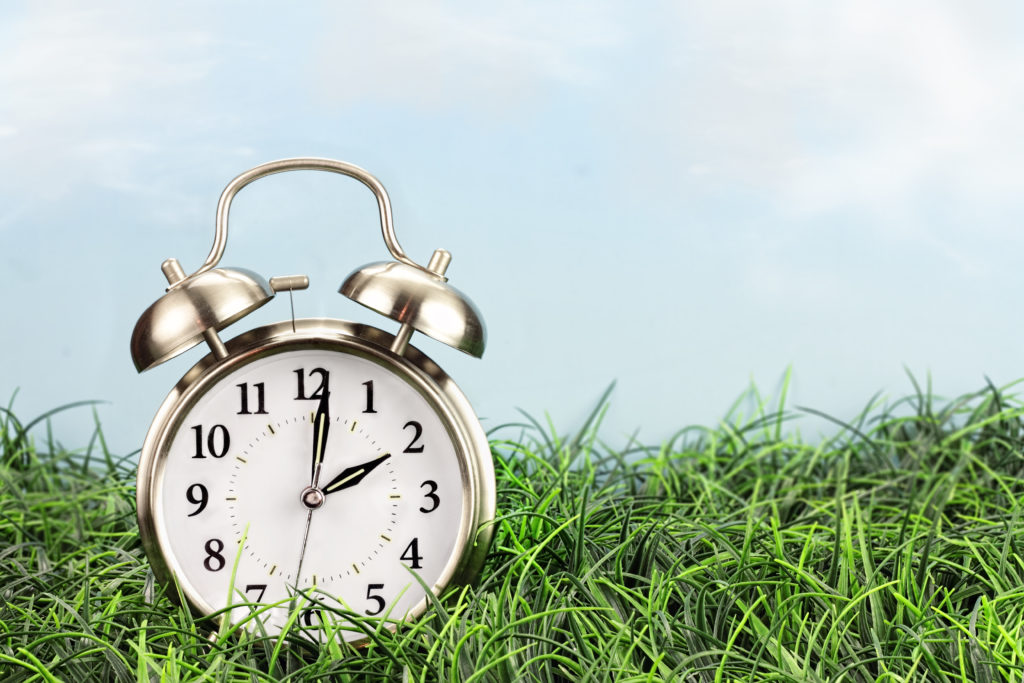
Daylight Savings Time can be a great opportunity to make the most of our daylight hours, but it can also have an unexpected impact on your sleep. When Daylight Savings ends, many people struggle with fatigue and difficulty sleeping as their bodies adjust to the new schedule. Fortunately, there are some simple steps you can take to help reset your internal clock and get back into a regular sleep routine. In this blog post we will discuss seven tips for getting better sleep after Daylight Savings Time has passed so that you can wake up feeling refreshed and energized!
As the clocks spring forward or fall back, our sleep schedules are often thrown off balance. Daylight savings time can have a significant impact on our circadian rhythm, the internal clock that regulates our sleep patterns. With the loss or gain of an hour, we may experience difficulty falling asleep or waking up earlier than usual. This can result in fatigue, irritability, and decreased productivity throughout the day. It’s essential to understand the effects of daylight savings on our bodies and take necessary steps to ensure a smooth transition.
The change in time can throw our bodies off balance and make it difficult to maintain a consistent sleep schedule. Developing a regular bedtime routine can help combat the effects of daylight savings time and improve your overall sleep quality. Whether it’s taking a warm bath, reading a book, or practicing relaxation techniques, establishing a consistent nighttime routine can signal to your body that it’s time to wind down and prepare for rest. So next time the clocks change, don’t let it disrupt your sleep prioritize a nightly routine to help you get the shuteye you need.
As we adjust to daylight savings time, many of us find ourselves struggling to get a good night’s sleep. While there are several factors that can contribute to this, it’s important to consider the impact that stimulants such as caffeine and alcohol can have on our ability to rest. Both of these substances can disrupt our natural sleep patterns, making it harder to fall asleep and stay asleep throughout the night. By avoiding them close to bedtime, we can give our bodies the best chance at getting the restful, restorative sleep we need to feel refreshed and recharged each morning.
Many people struggle with sleep disturbances during the transition to daylight savings time. It can be difficult to adjust to the sudden shift in our sleep wake cycle, leading to tiredness, irritability, and even poor concentration. However, one effective way to counteract the effects of daylight savings on your sleep is to make sure you’re getting regular exercise during the day. Even just 30 minutes of moderate exercise can help you fall asleep faster and sleep more soundly at night. So, whether it’s taking a brisk walk during your lunch break or hitting the gym after work, make exercise a priority in your daily routine to help maintain a healthy sleep schedule.
Have you noticed a difference in your sleep patterns during daylight savings? It turns out that the shift in time can have a significant impact on our bodies’ internal clocks. But did you know that taking advantage of natural light exposure can actually help regulate your sleep and wake cycles? Natural light exposure, especially in the morning, helps send signals to our brains to wake up and be alert. By making a conscious effort to spend more time outdoors or by opening curtains and blinds to let in natural light, you can improve your sleep and feel more rested throughout the day. So why not make the most of the longer days and embrace the benefits of natural light exposure?
Daylight savings time can have a significant impact on our sleep patterns, but there are ways to make the transition easier. Developing a consistent bedtime routine and avoiding stimulants close to bedtime can help regulate your circadian rhythm. Additionally, regular exercise during the day as well as taking advantage of natural light exposure can improve overall sleep quality. By implementing these strategies into your daily life, you’ll be able to get more restful sleep throughout daylight savings time and beyond!


